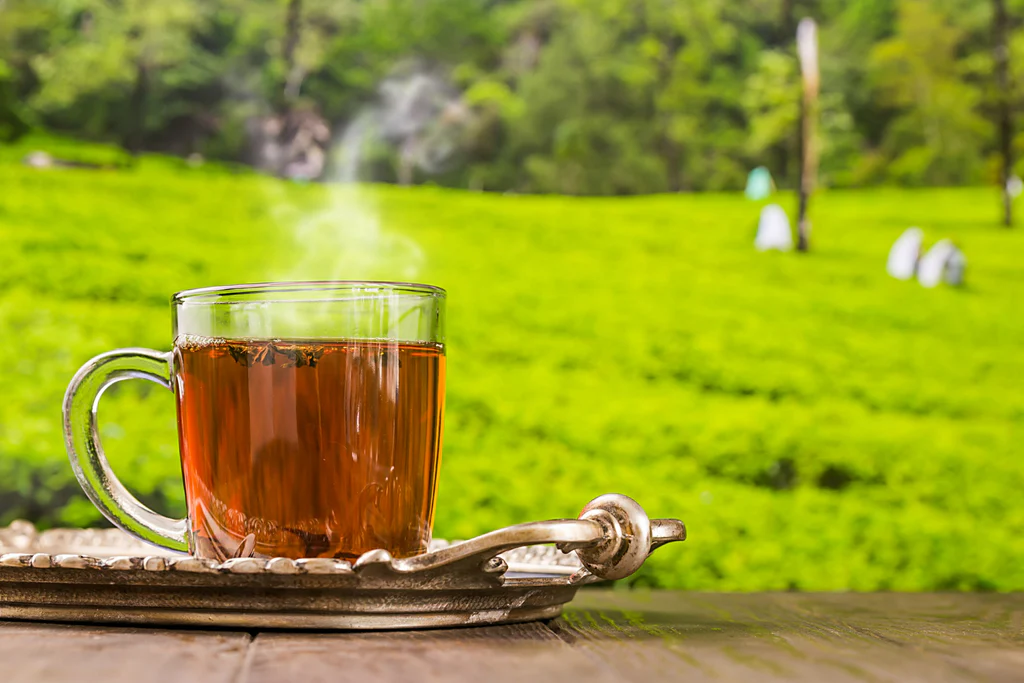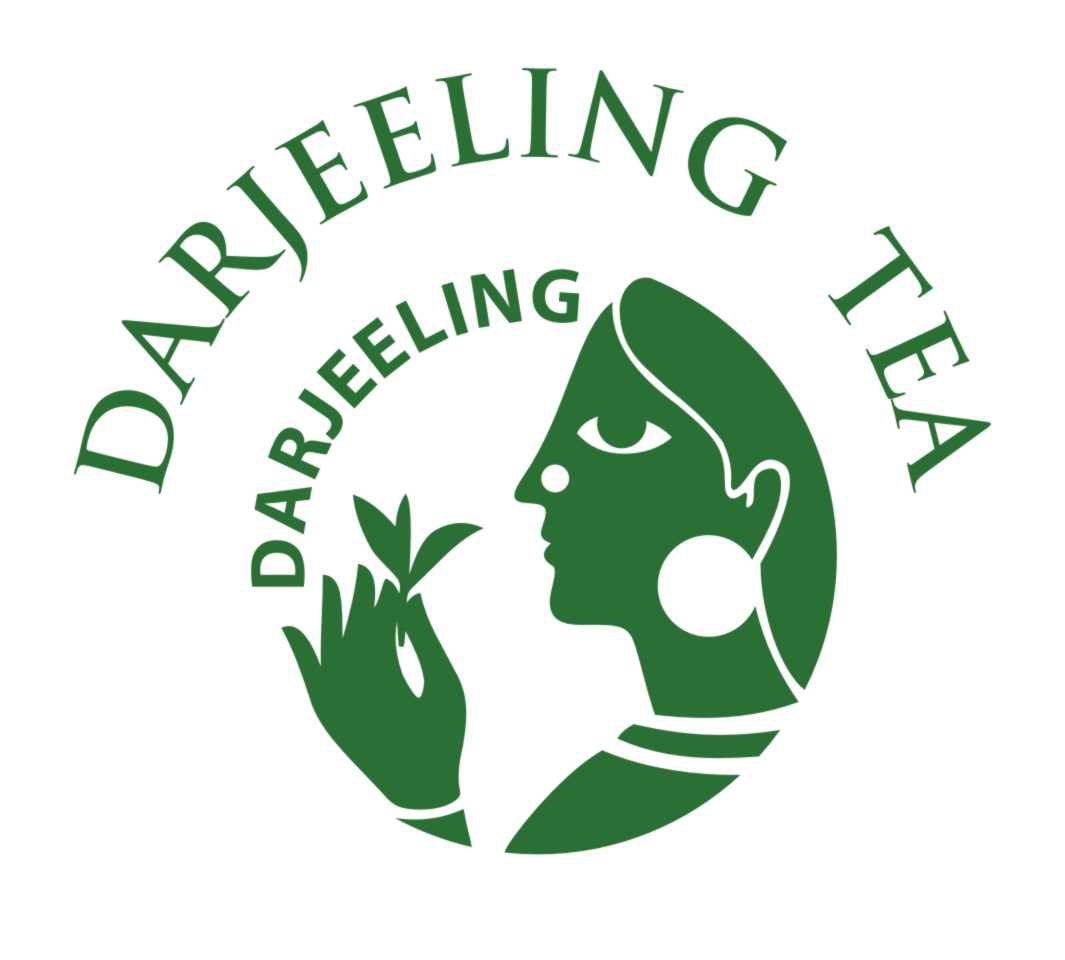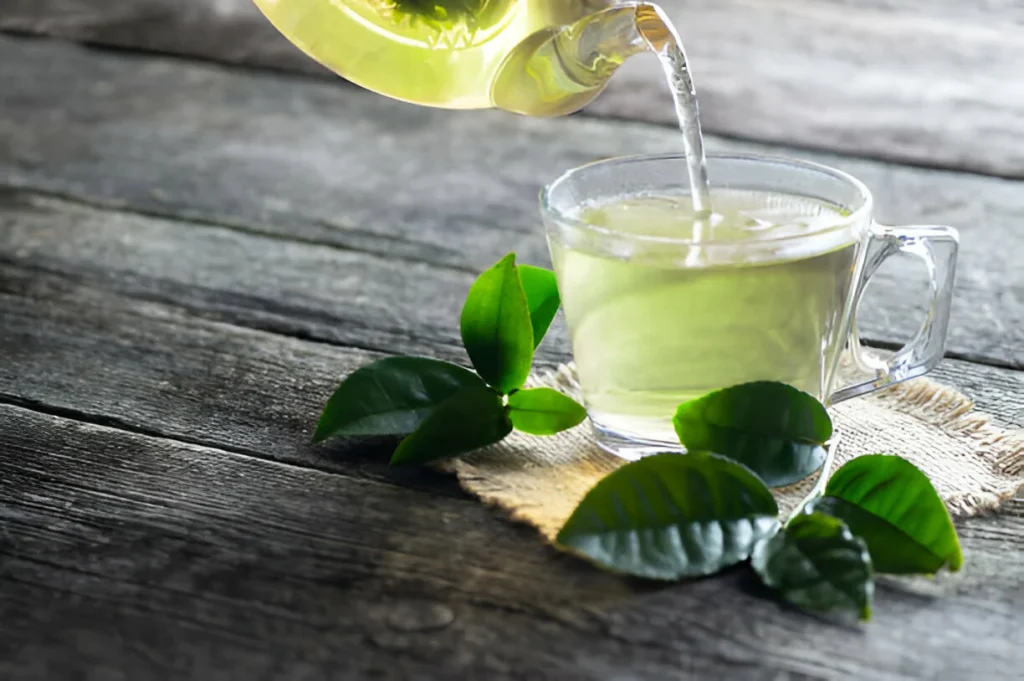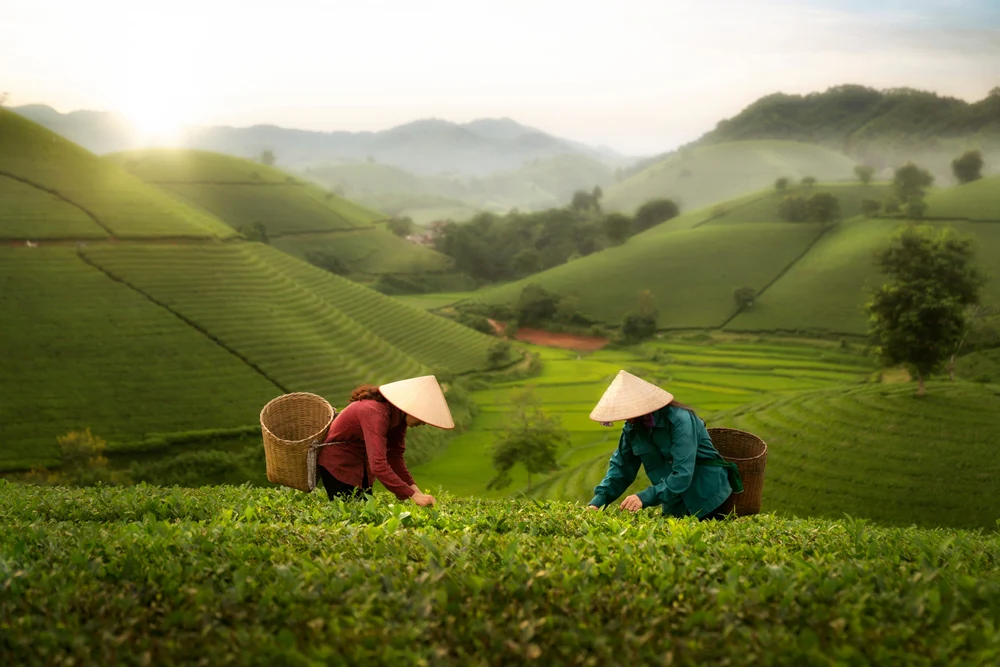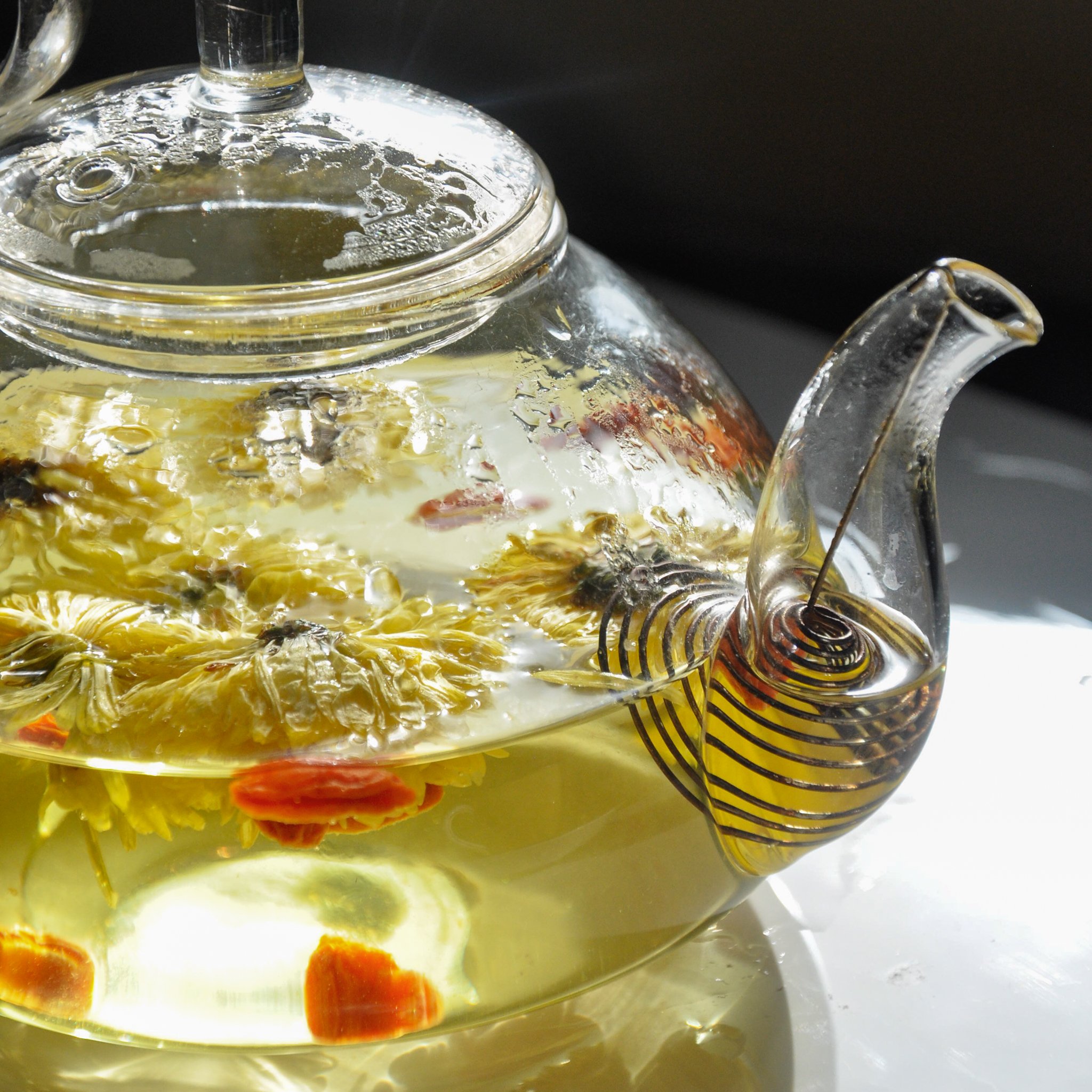In October 2011, Darjeeling tea achieved a significant milestone when it was granted Protected Geographical Indication (PGI) status by the European Commission. This recognition marks a turning point for Darjeeling tea producers, providing legal protection against misuse of the name “Darjeeling” and ensuring that only tea genuinely grown and processed in the Darjeeling region can bear this prestigious label.
For tea lovers and producers alike, this is a victory for authenticity, quality, and the preservation of a tea heritage deeply rooted in the unique terroir of Darjeeling, India.
Why Darjeeling Tea Needed Protected Origin Status
Darjeeling tea, often referred to as the “champagne of teas,” owes its unique flavor and aroma to the region’s distinctive agroclimatic conditions. The interplay of high elevation, cool temperatures, rich soil, and misty conditions creates a tea unlike any other.
Unfortunately, Darjeeling tea’s global reputation has long been exploited by unscrupulous companies. These businesses have marketed non-Darjeeling tea—grown in other parts of India or entirely different countries—as authentic Darjeeling. In some cases, blends containing only a small percentage of Darjeeling tea have been sold under the Darjeeling name, misleading consumers and undermining the value of the original product.
The Tea Board of India worked tirelessly for over a decade to address this issue, culminating in the grant of PGI status. This protection is a crucial step in preserving the integrity of Darjeeling tea and ensuring fair compensation for its producers.
What PGI Status Means for Darjeeling Tea
PGI status ensures that only tea grown, harvested, and processed in Darjeeling’s designated geographical area can be labeled as Darjeeling tea. This provides several key benefits:
- Consumer Trust: PGI certification guarantees that the tea is authentic and adheres to traditional cultivation and production methods. Consumers can enjoy peace of mind knowing they are buying genuine Darjeeling tea.
- Fair Pricing: Authenticity comes with value. Producers can command premium prices for their tea, ensuring that the workers and farmers behind this exceptional product receive fair compensation.
- Protection Against Counterfeits: With legal safeguards in place, the Darjeeling name is protected from misuse and misrepresentation, reducing the prevalence of counterfeit or mislabeled teas.
A Broader Context for Protected Status
PGI status for Darjeeling tea aligns with similar protections granted to other iconic products around the world. For instance, the European Commission has established Protected Designation of Origin (PDO), PGI, and Traditional Specialty Guaranteed (TSG) labels to preserve the heritage of agricultural and food products.
Darjeeling joins the ranks of globally recognized products like Champagne, Parma Ham, and Roquefort Cheese, elevating its status and reinforcing its identity as a product tied to a specific region and tradition.
In the realm of tea, Darjeeling is only the second tea to receive protected status, following China’s Longjing tea, which was granted a PDO. Darjeeling tea is also India’s first product to receive PGI recognition, highlighting its significance not only as a tea but as a cultural and economic symbol.
The Impact of PGI Status on Tea Producers and Consumers
For tea producers, PGI status represents an opportunity to strengthen the industry. It brings attention to the importance of terroir-specific teas and serves as an example for other regions to pursue similar recognition. Unique teas with rich histories, such as Assam, Ceylon, or Taiwan’s oolongs, could benefit from the same level of protection.
For consumers, this certification offers reassurance. When purchasing Darjeeling tea, the PGI label guarantees that the product meets rigorous standards and truly supports the workers and communities in the Darjeeling region.
Looking Ahead: A Model for the Future of Tea
Darjeeling tea’s PGI status is more than just a badge of authenticity—it’s a call to action for the tea industry as a whole. As more regions face challenges from counterfeit and copycat teas, the need for protective measures becomes increasingly urgent.
Imagine a future where teas from across the globe—whether it’s Japan’s Gyokuro, Taiwan’s Alishan oolong, or Sri Lanka’s Uva teas—carry PDO or PGI labels. Such recognition would preserve the diversity and heritage of tea, ensuring that these treasures continue to thrive.
Darjeeling tea’s success story provides a blueprint for other tea-growing regions to safeguard their legacy, protect their workers, and share their unique products with the world under conditions of transparency and fairness.
A Victory for Authenticity and Heritage
The recognition of Darjeeling tea with PGI status is a landmark achievement for India and the global tea industry. It symbolizes a commitment to preserving the integrity of one of the world’s most beloved teas while setting a precedent for protecting terroir-specific agricultural products.
As tea enthusiasts savor a cup of authentic Darjeeling, they can do so knowing they are supporting the growers, communities, and traditions that make this tea truly exceptional.
